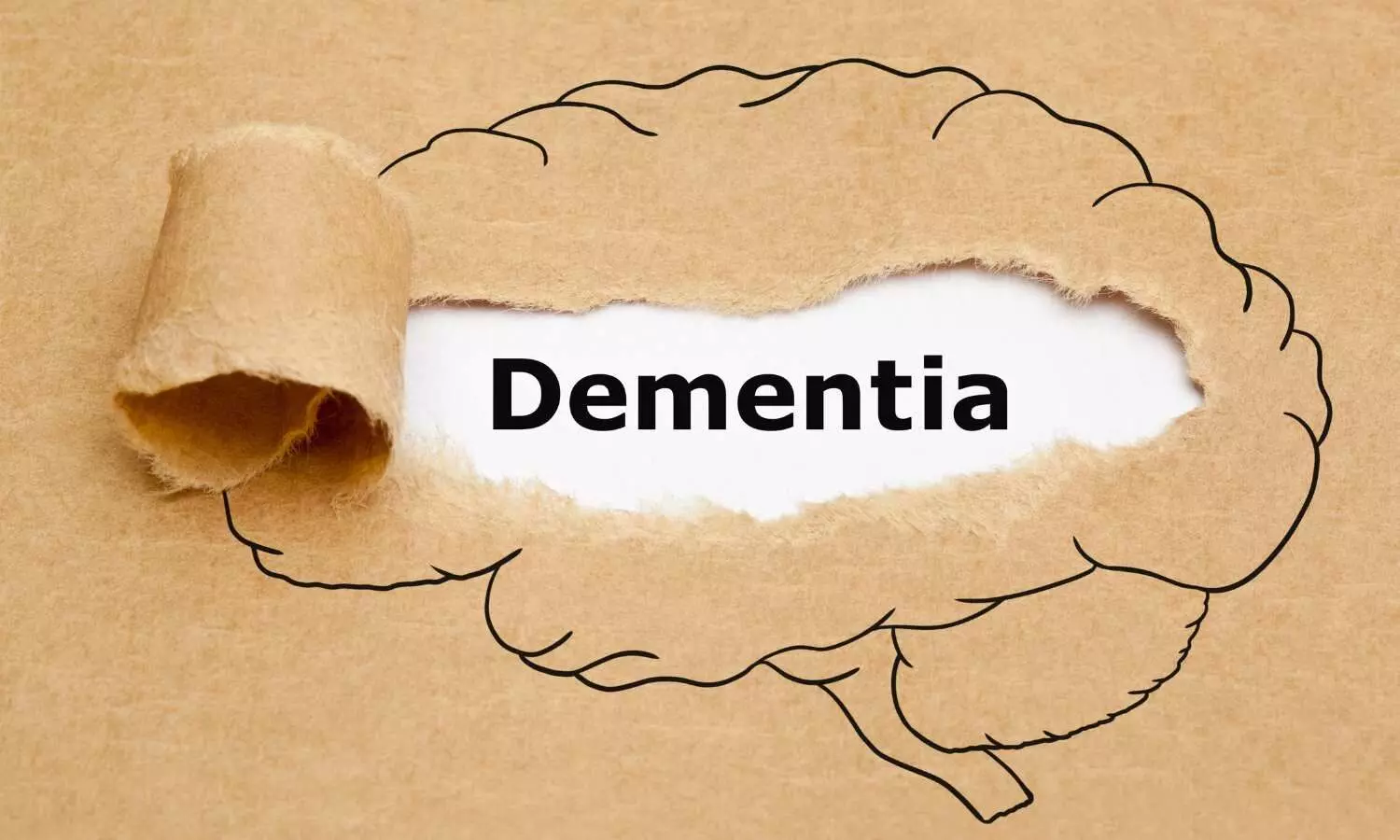H. pylori Infection Linked to Increased Dementia Risk in Older Adults

Chronic infectious diseases are increasingly recognized as potential contributors to dementia risk, prompting researchers to explore the role of infections such as H. pylori in cognitive decline. The association between chronic infectious diseases and dementia risk, including Alzheimer’s disease, has gained attention in recent years. Helicobacter pylori, a common bacterial infection affecting the stomach lining, has been suggested as a potential contributor to dementia risk.
A recent study aimed to investigate the association between H. pylori infection and incident dementia in older adults. This study was published in the Journal Of The American Geriatrics Society by Virgilio H. and colleagues. Conducted on a prospective cohort of 689 older agricultural workers aged 65 years and above from Southwest France, this study assessed the association between H. pylori infection and incident dementia over a 7-year follow-up period.
Participants were categorized based on H. pylori status determined by serology at baseline, and cognitive performance was evaluated. Survival analyses, including Kaplan–Meier curves and Cox proportional hazards models, were used to explore the risk of incident dementia according to H. pylori status.
-
Among the participants, 29.0% were H. pylori-positive at baseline.
-
These individuals exhibited worse cognitive performance compared to H. pylori-negative participants at baseline.
-
Over the follow-up period, 85 incident dementia cases were diagnosed.
-
After adjusting for confounding factors such as age, sex, education, and cardiovascular risk factors, H. pylori infection remained significantly associated with an increased risk of dementia (HR 1.70, 95% CI 1.05–2.74).
-
The risk was particularly pronounced for Alzheimer’s disease (HR 2.85, 95% CI 1.58–5.12).
Despite a decrease in the prevalence of H. pylori infection, this study provides compelling evidence for the association between H. pylori infection and dementia, particularly Alzheimer’s disease, in older adults. These findings underscore the importance of further research to elucidate the mechanisms linking infectious diseases, gut inflammation, and pathological brain aging. Understanding these mechanisms could pave the way for novel preventive and therapeutic strategies to mitigate dementia risk in older populations.
Reference:
Hernández-Ruiz, V., Roubaud-Baudron, C., Von Campe, H., Retuerto, N., Mégraud, F., Helmer, C., Amieva, H., & Pérès, K. Association between Helicobacter pylori infection and incident risk of dementia: The AMI cohort. Journal of the American Geriatrics Society,2024. https://doi.org/10.1111/jgs.18748
